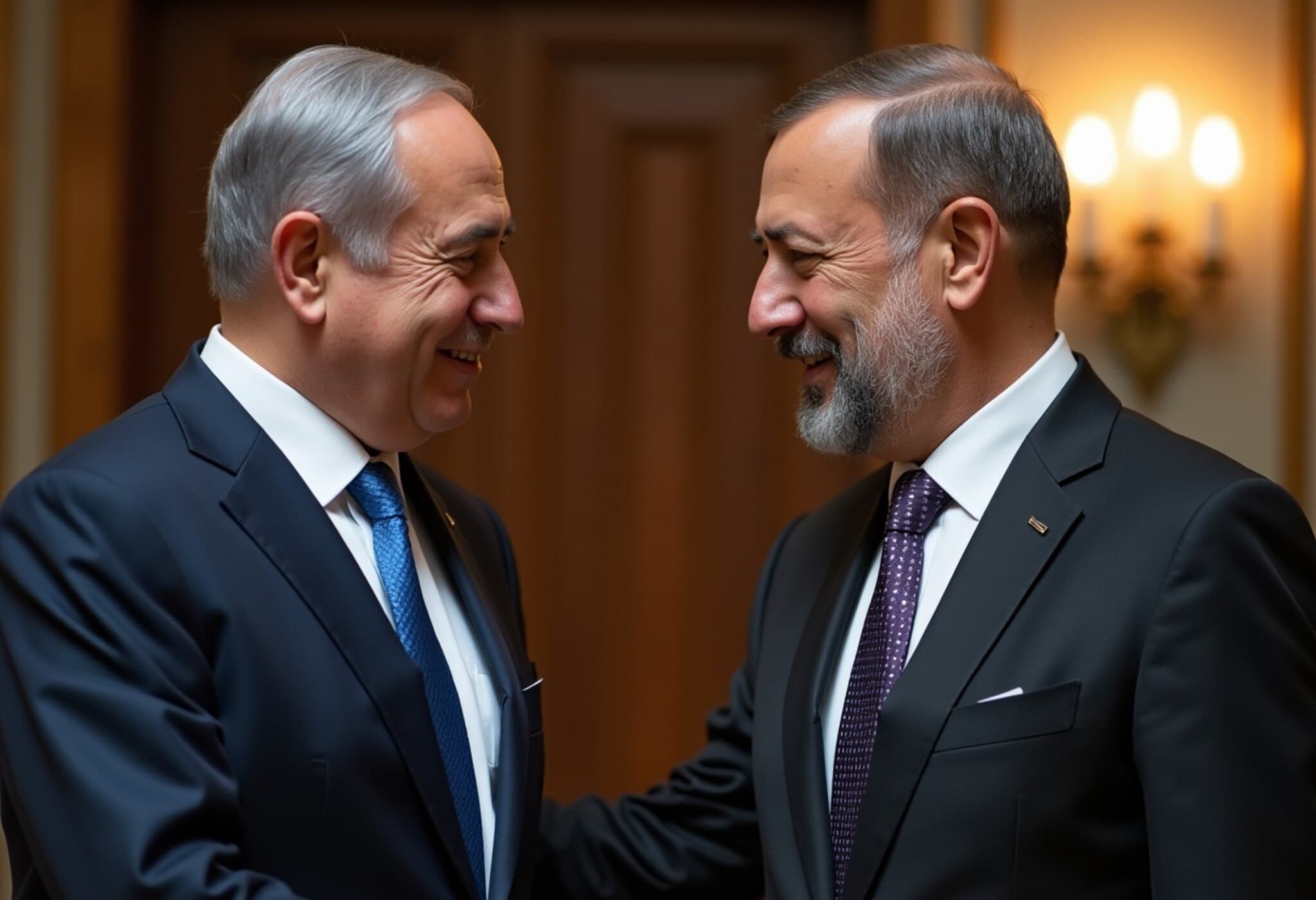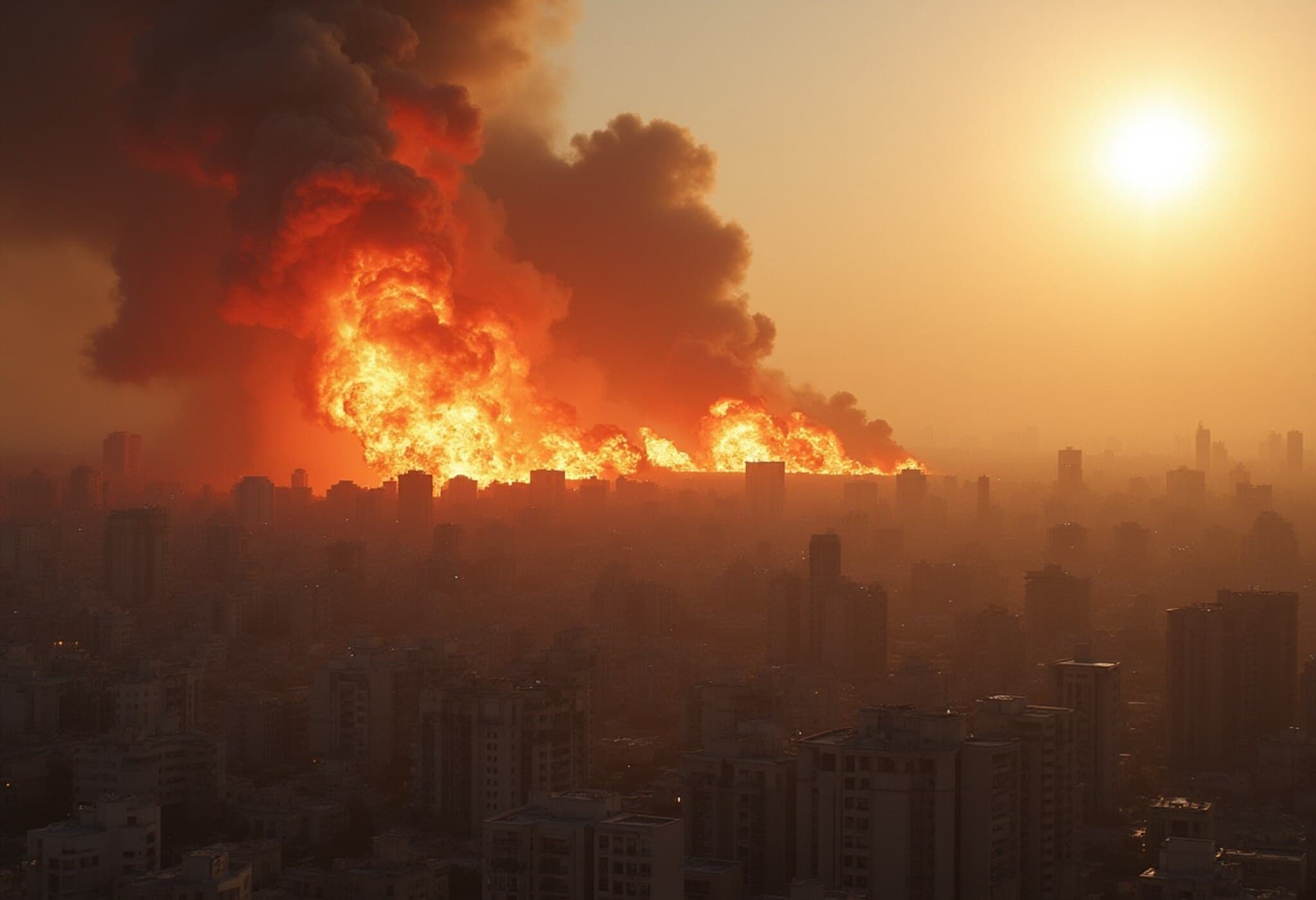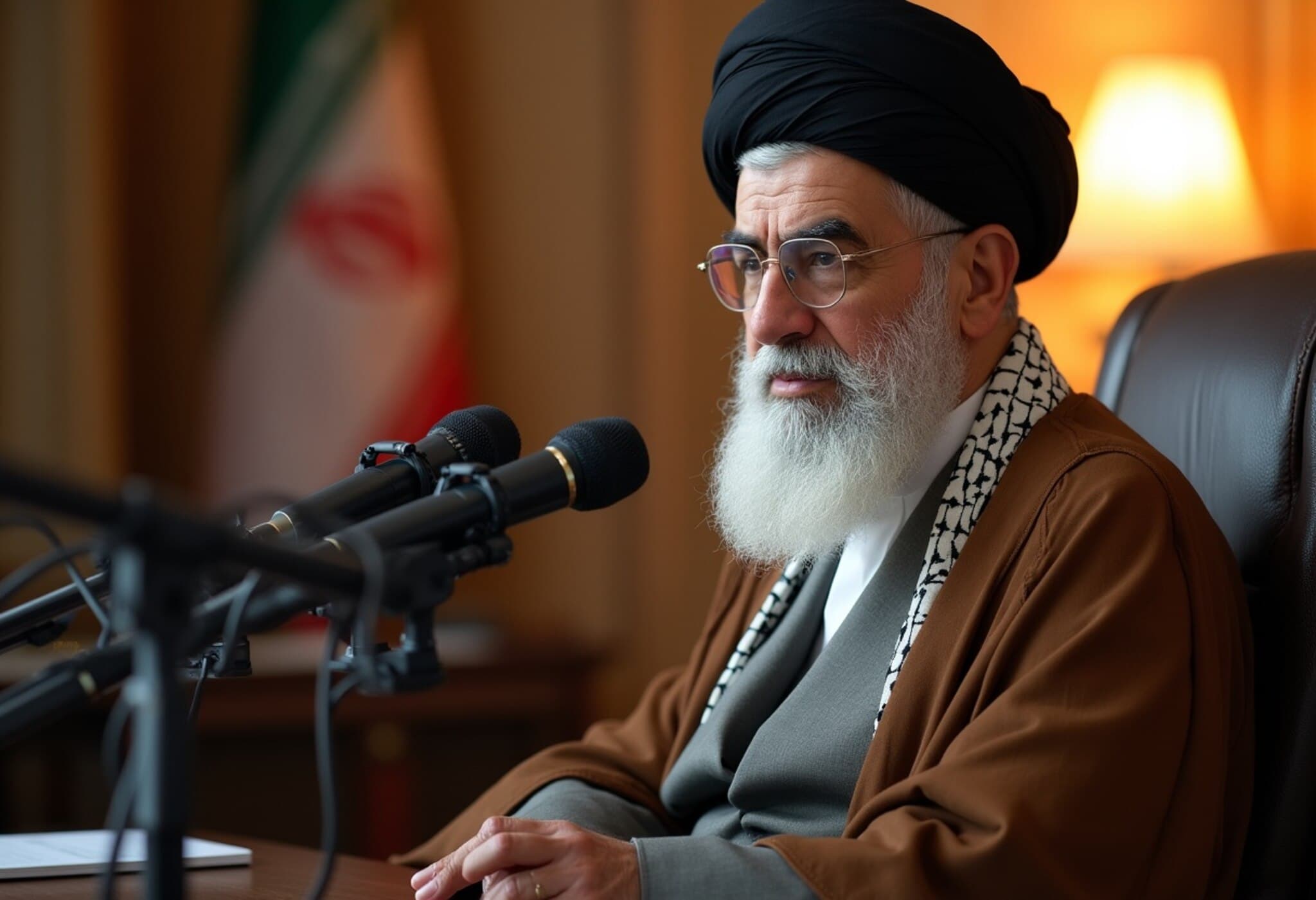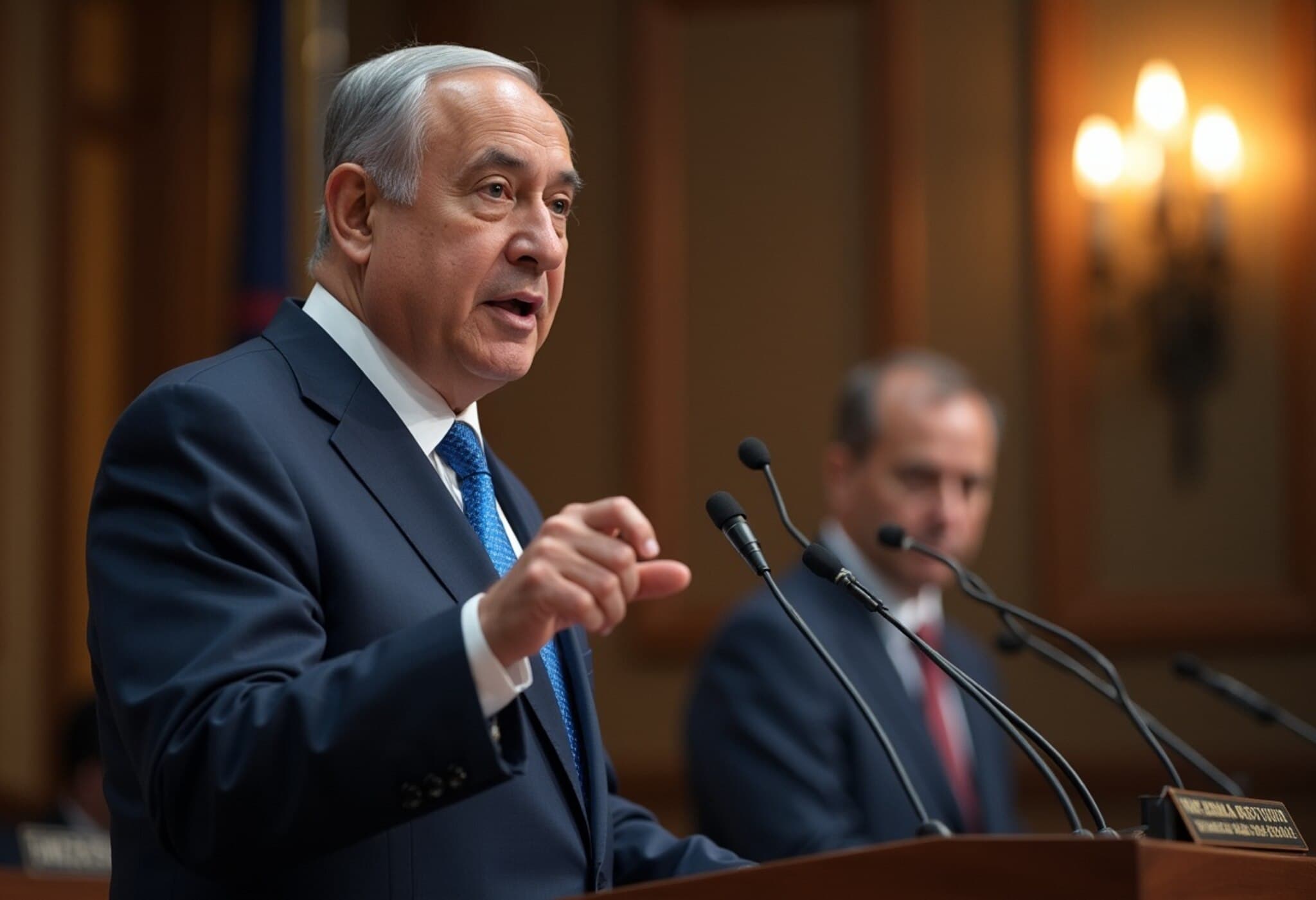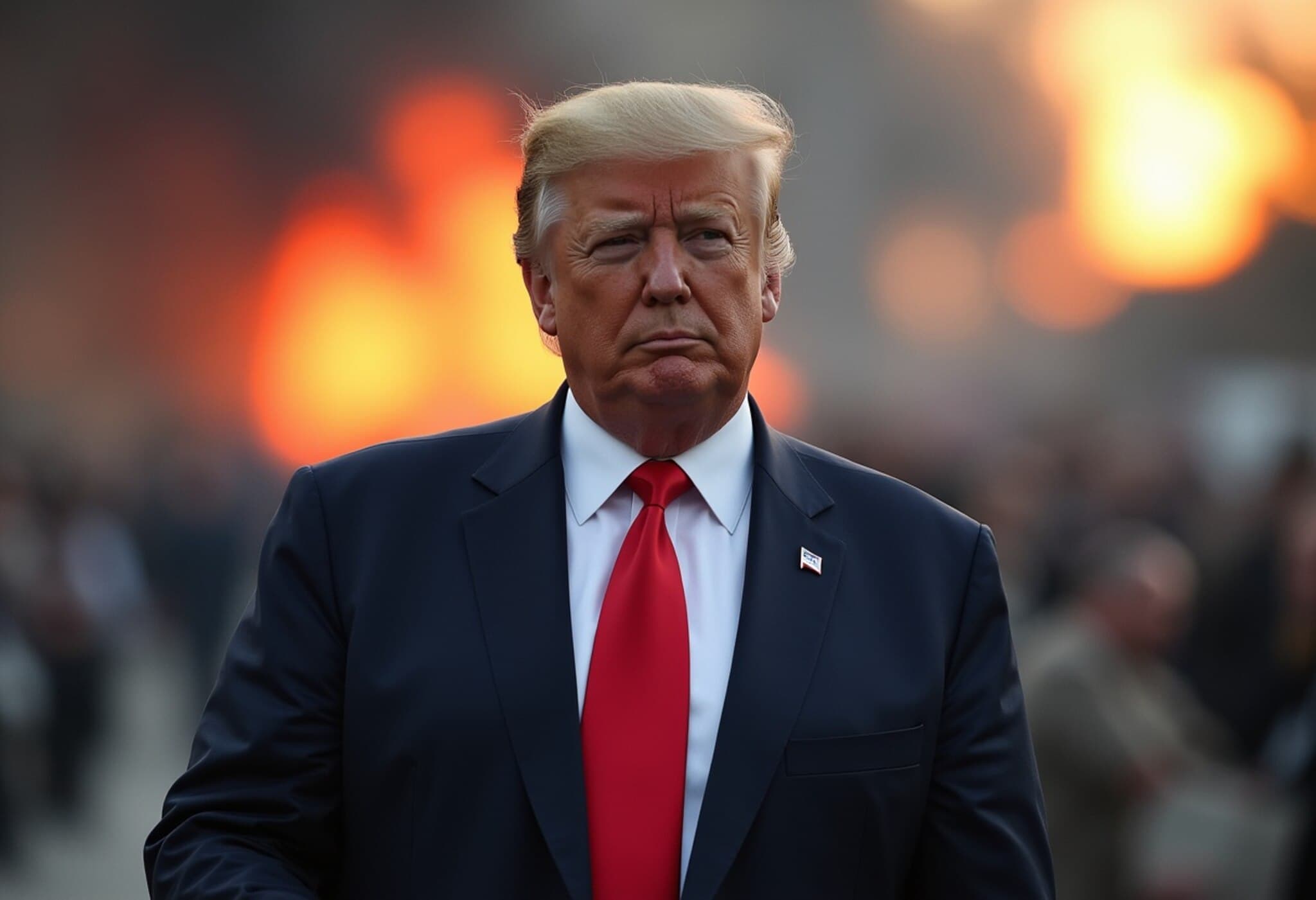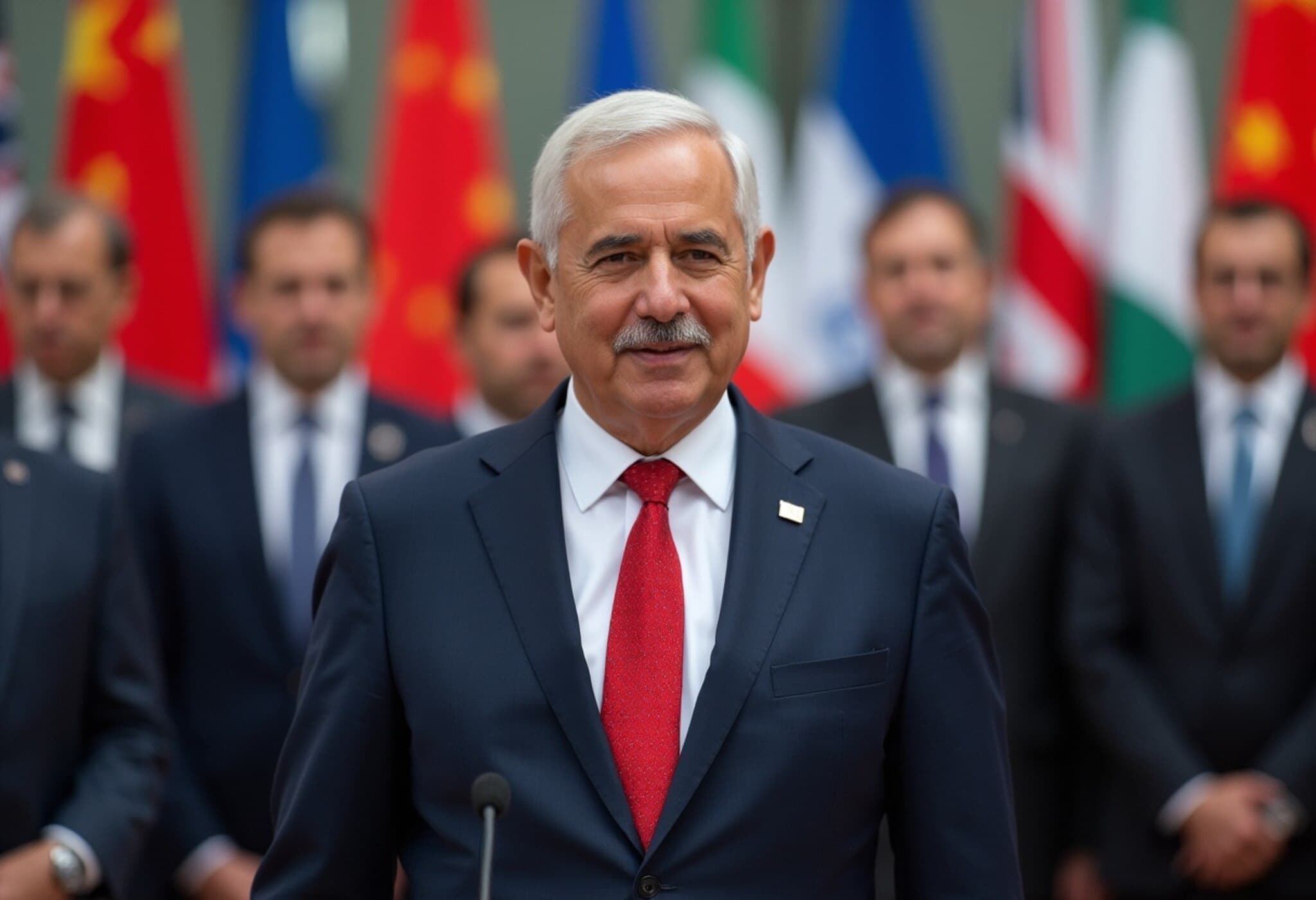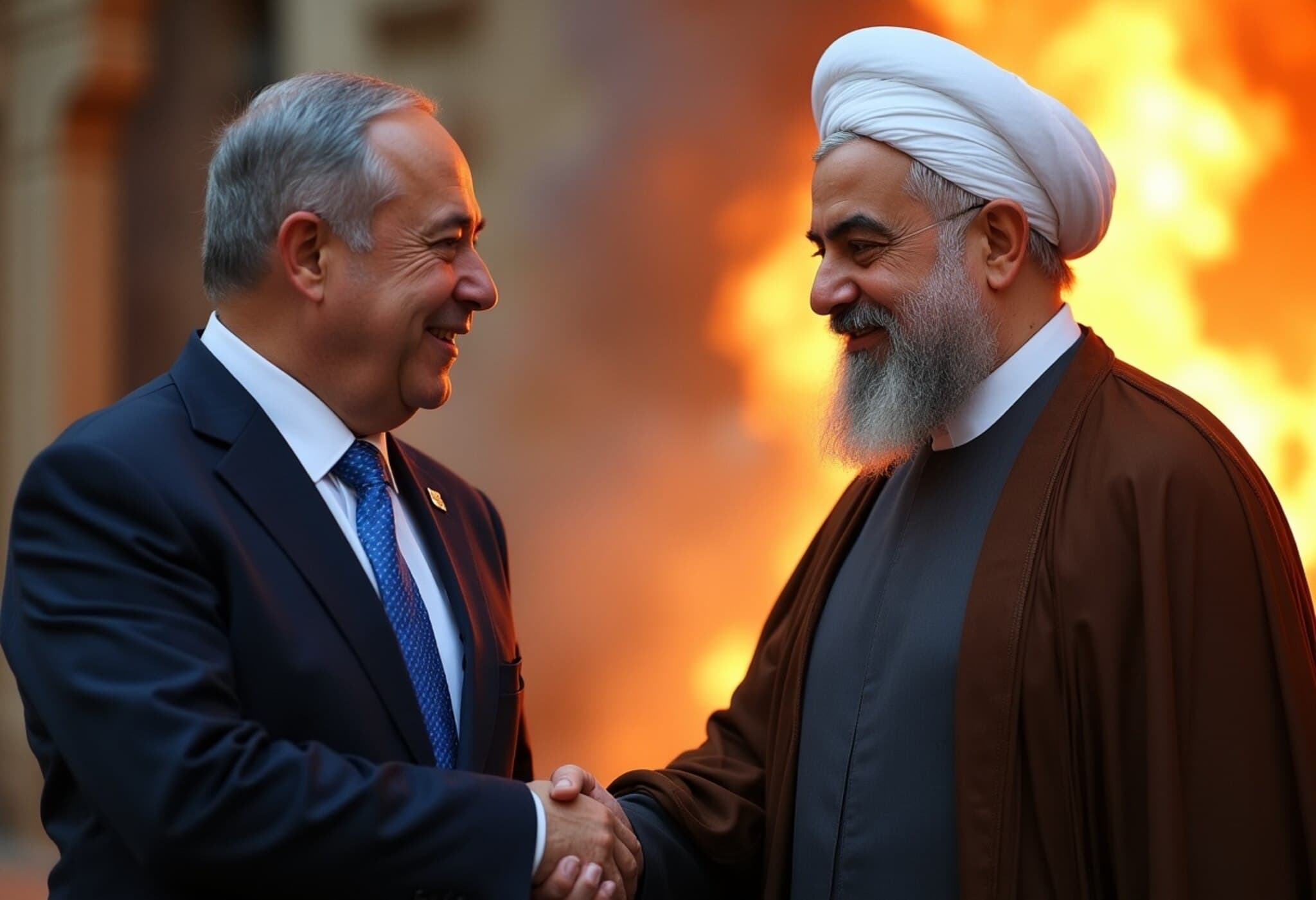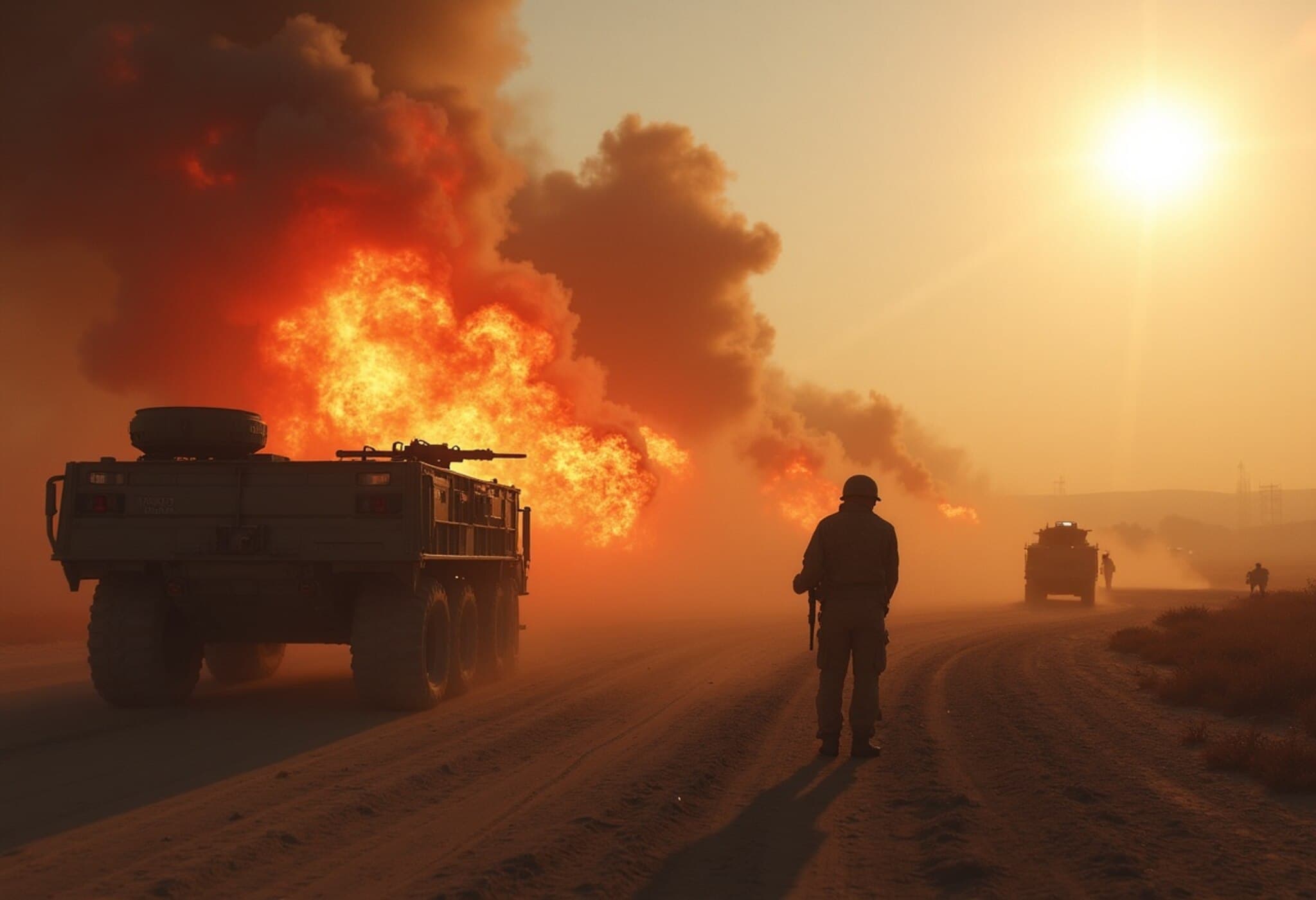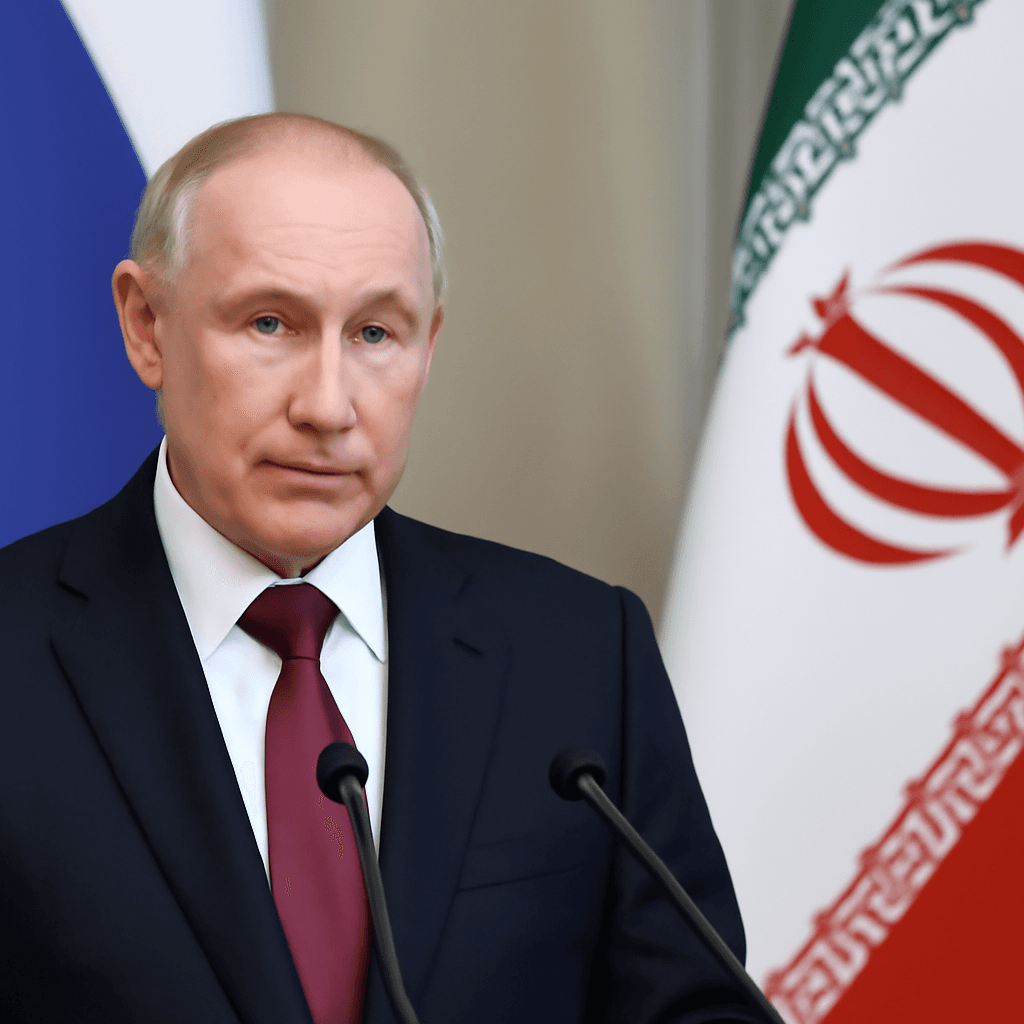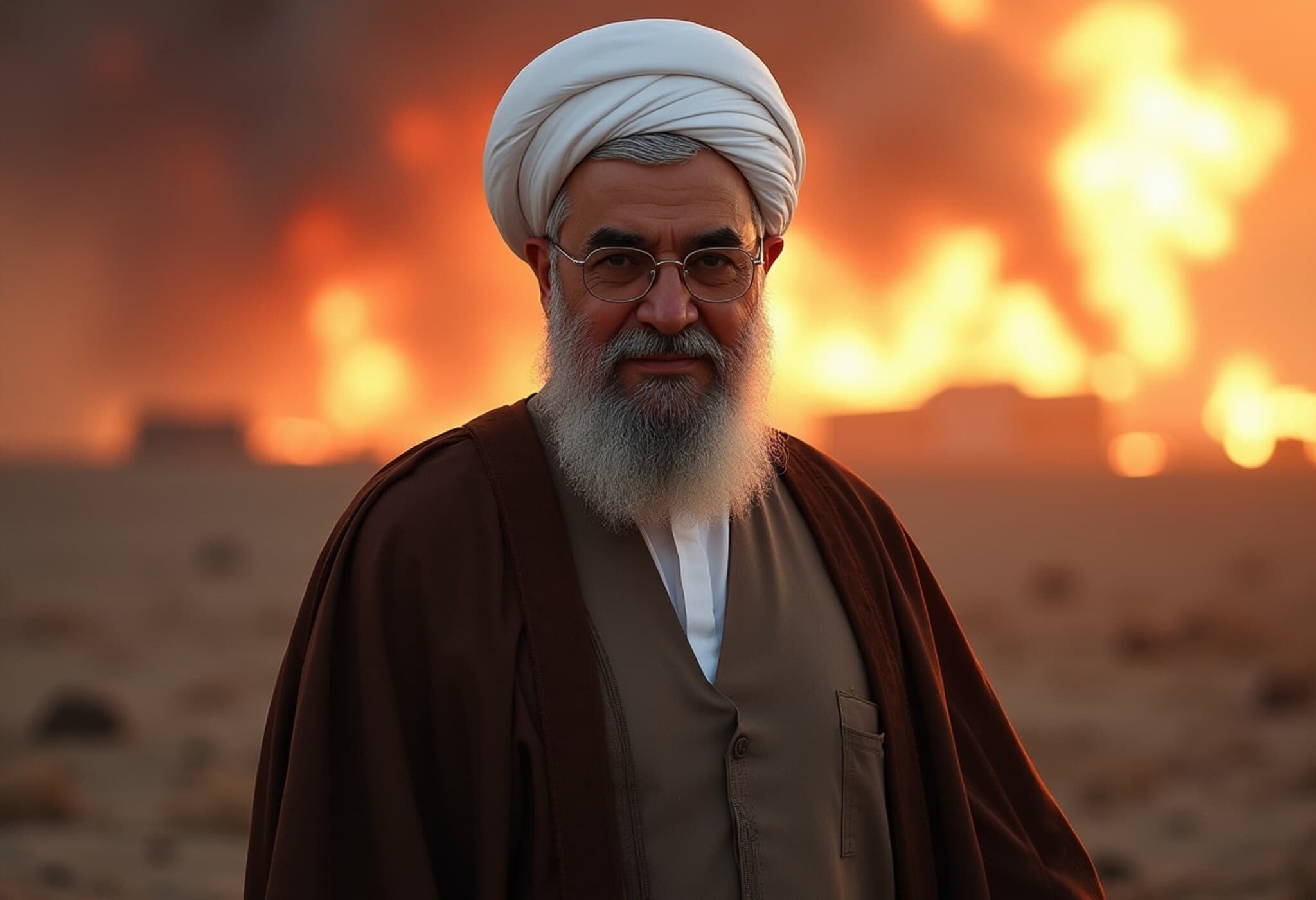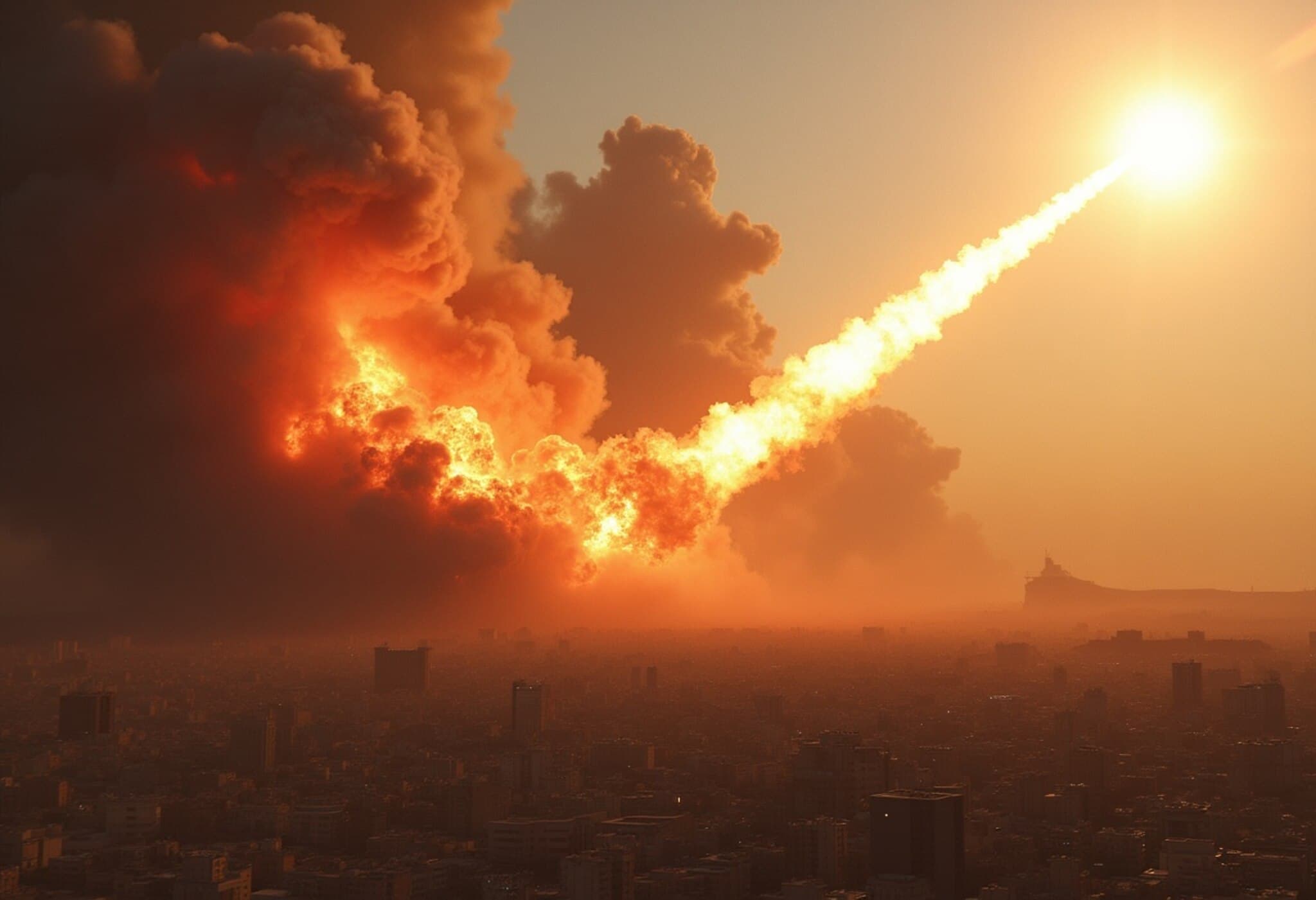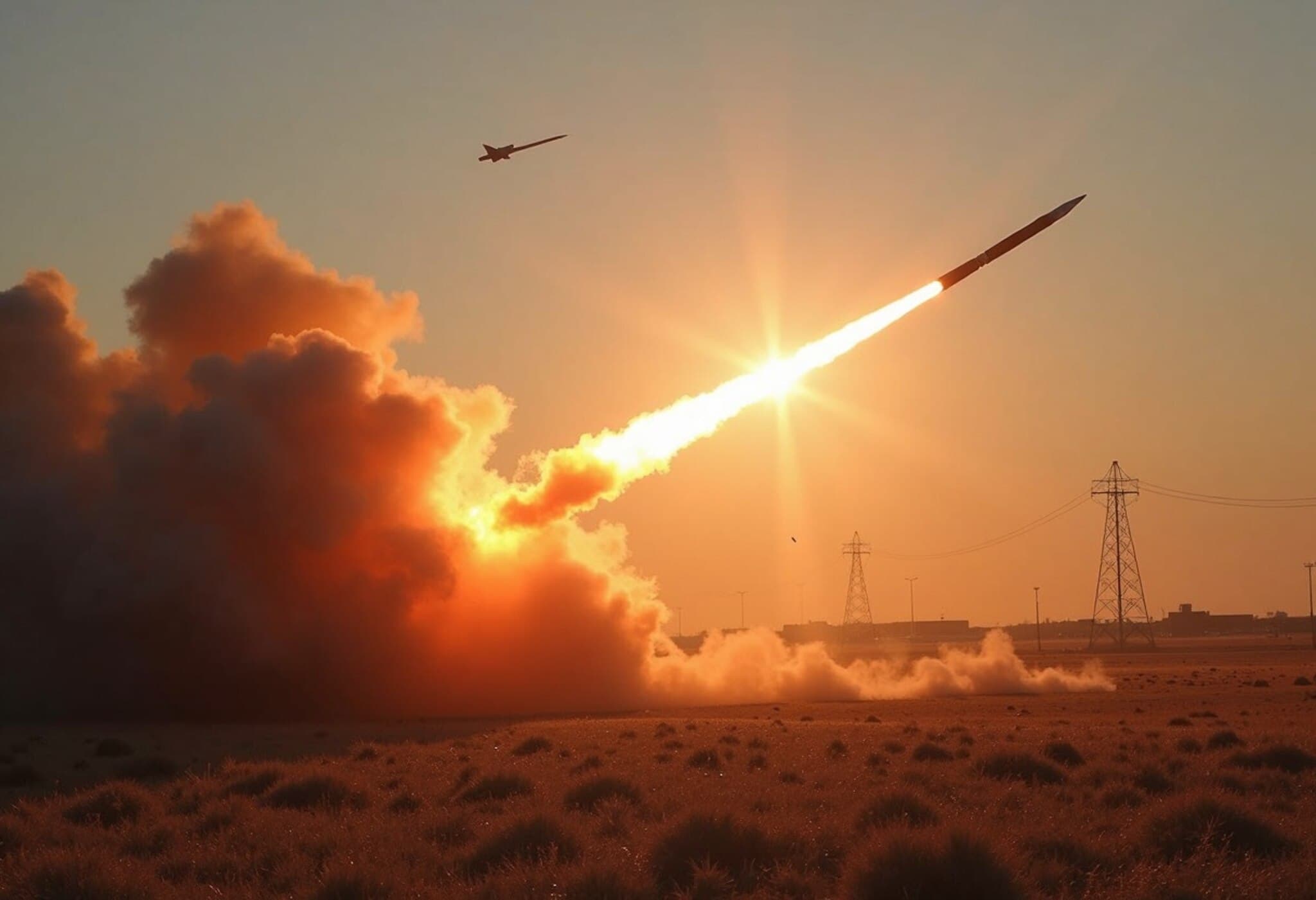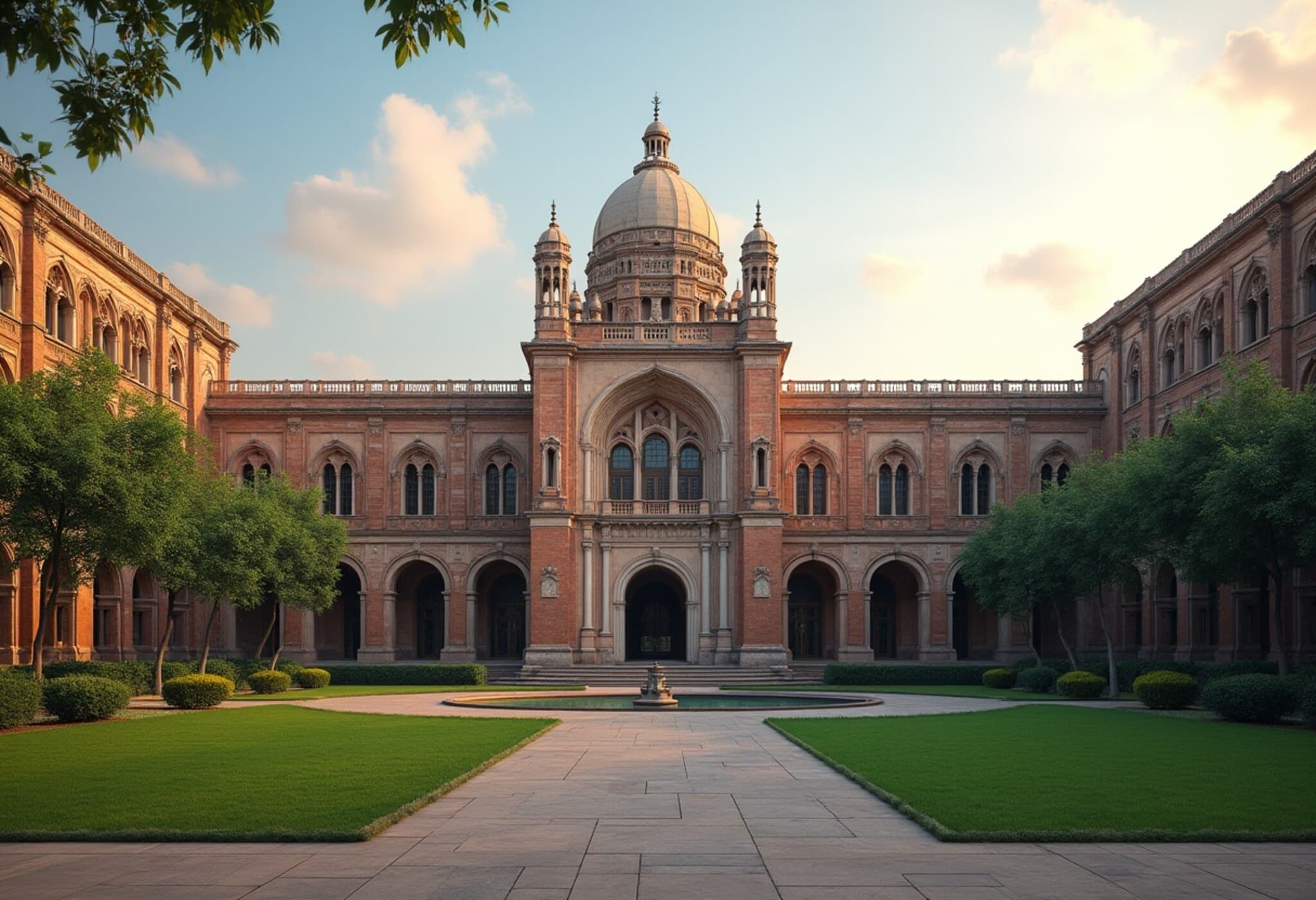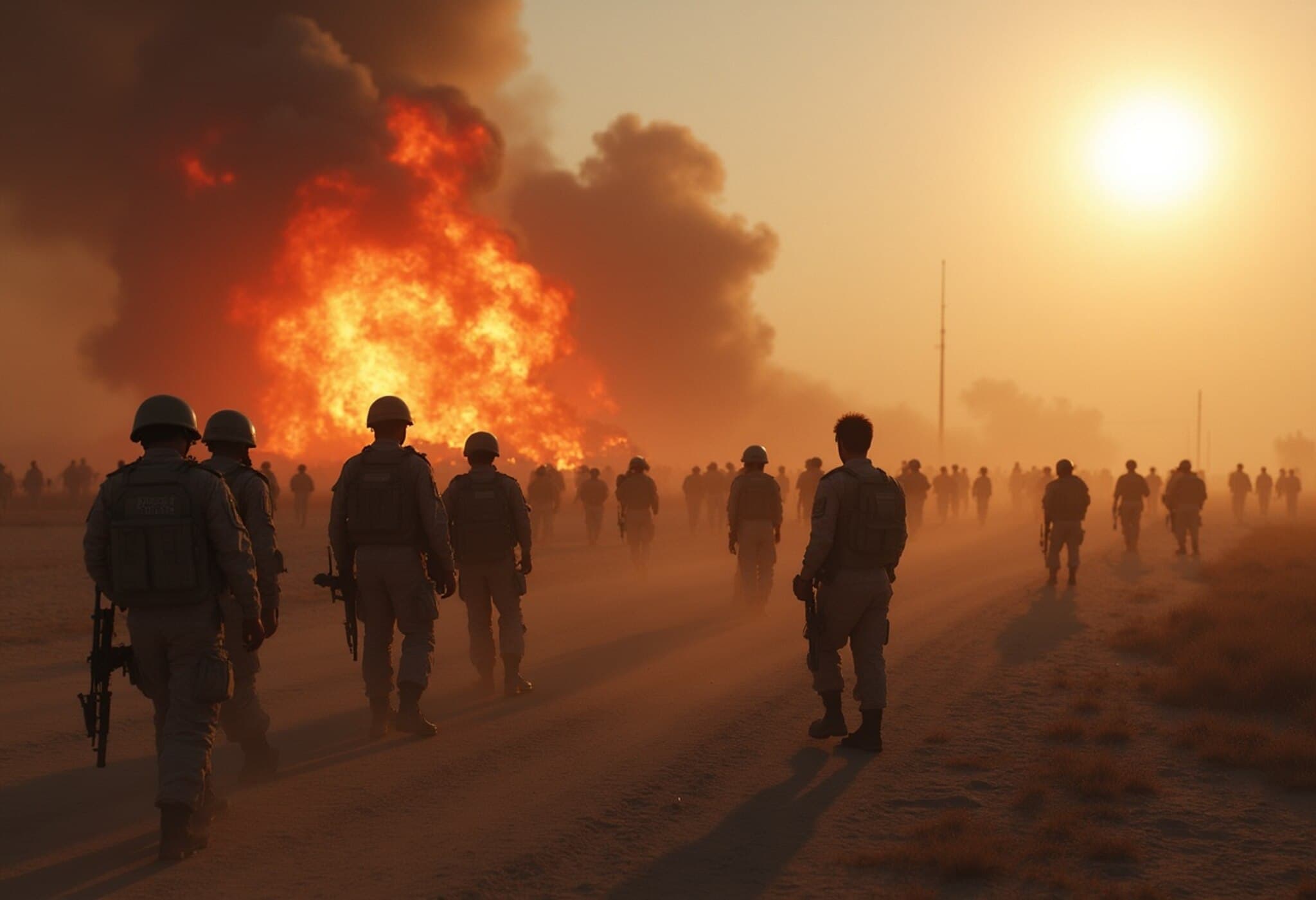Netanyahu Labels Iran's Supreme Leader ‘Modern Hitler’ Amid Rising Tensions
Israeli Prime Minister Benjamin Netanyahu sharply criticized Iran’s Supreme Leader Ayatollah Ali Khamenei by calling him a “modern Hitler.” Speaking in an Israeli television interview, Netanyahu suggested Israel is actively working to create conditions that might lead to a regime change in Iran, though he stopped short of declaring that as the explicit goal.
“Cyrus freed the Jews, and today the Jewish state might free the Persians,” Netanyahu remarked, alluding to historical precedents of liberation. He emphasized that while the Iranian people ultimately must instigate change, Israel is committed to fostering those conditions that could transform the region’s dynamic.
Netanyahu also highlighted that approximately 80 percent of Iranians reportedly oppose Khamenei’s regime. He reaffirmed Israel’s ongoing military strategy of targeting what it calls “regime facilities” to counter what it sees as an existential threat.
Speaking on the broader implications, the prime minister predicted a fundamentally different Middle East emerging post-conflict, one that embraces expanded Arab-Israeli cooperation and possibly an enlargement of the Abraham Accords.
Operation Rising Lion and Regional Shifts
While Netanyahu does not explicitly label “Operation Rising Lion” as a regime change effort, he acknowledges its potential to become a historic turning point. He stressed the stark choice his country faces, stating, “It’s either us or them,” underscoring the perceived Iranian threat amid warming ties with Arab nations.
Erdogan Strikes Back: Netanyahu ‘Surpassed Hitler’ in Genocide
Turkey’s President Recep Tayyip Erdogan responded with fierce criticism, accusing Netanyahu of outdoing Hitler in acts of genocide, particularly pointing to Israel’s military actions in Gaza.
During a recent party meeting in Ankara, Erdogan asserted, “Netanyahu has surpassed cruel Hitler in terms of genocide. The images from World War II seem innocent compared to those coming out of Gaza.” This is not the first instance where Erdogan has drawn such parallels, but his latest remarks also conveyed firm support for Iran amid escalating hostilities.
Erdogan stated that Iran has a “very natural, legitimate and legal right” to defend itself against what he characterized as Israeli “thuggery and state terrorism.” He further warned of heightened vigilance within Turkish institutions due to possible consequences of the conflict on Turkey’s security environment.
Escalation Amid Ongoing Strikes
The heated verbal exchanges follow nearly a week of intense military confrontations between Israel and Iran. Earlier this month, Israel launched a series of airstrikes under “Operation Rising Son,” reportedly eliminating several senior Iranian military figures and nuclear scientists.
Netanyahu framed these actions as essential to countering Iran’s expanding nuclear capabilities, a threat that both Israel and the United States have prioritized. The United States has strongly backed Israel, with senior officials expressing readiness to escalate actions against Iran’s leadership if necessary.
What Lies Ahead?
As tensions mount, the region braces for potential shifts in alliances and conflict outcomes. With Israel pushing forward its campaign and Turkey voicing staunch opposition, the geopolitical landscape remains highly volatile, hinting at prolonged instability and realignments in Middle Eastern power relations.

